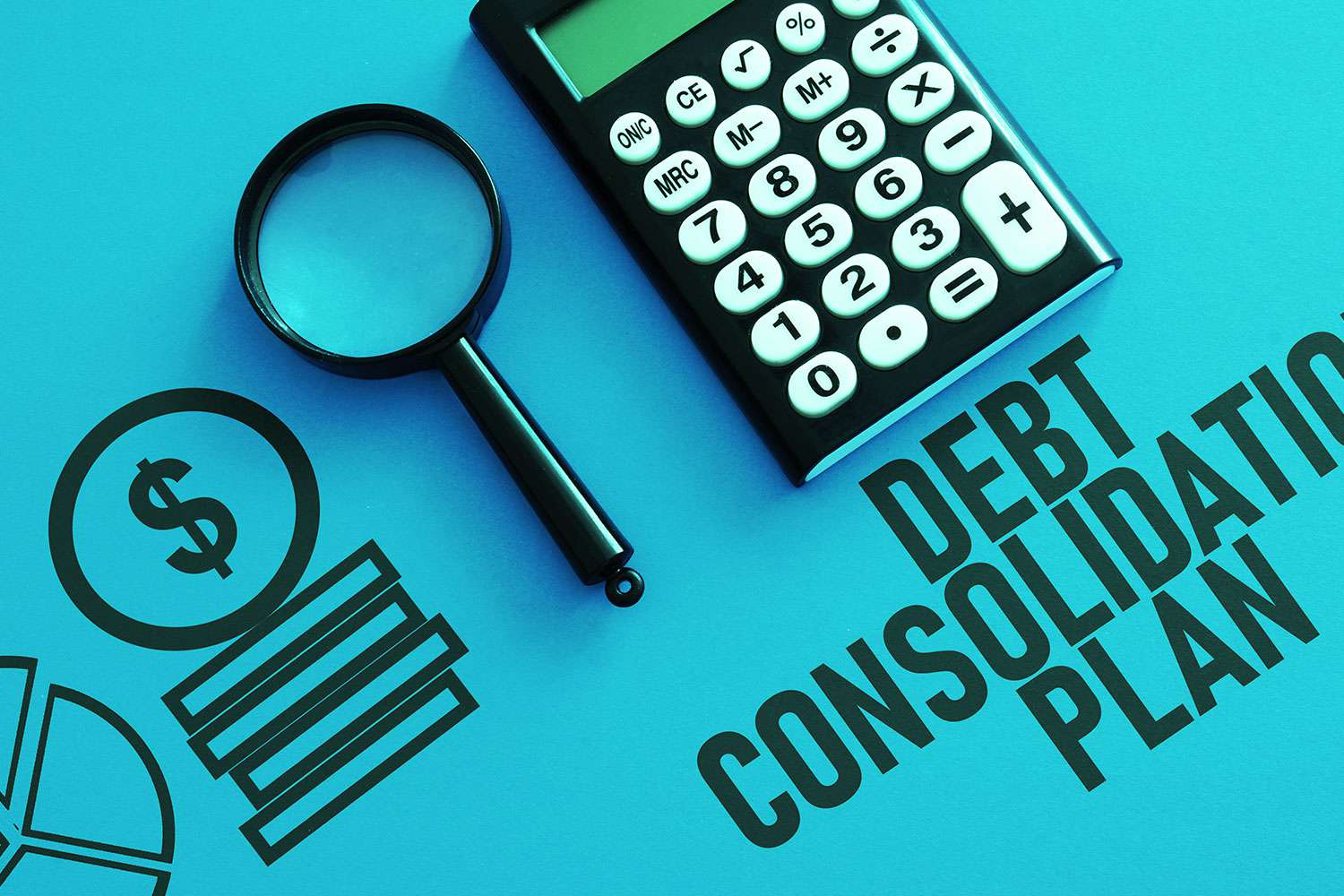In today’s fast-paced financial landscape, American Debt Consolidation Resources managing debt can be a daunting challenge. For many, debt settlement emerges as a viable option for regaining control over their financial lives. But what exactly is debt settlement, and how can it impact your financial future? This article explores the nuances of debt settlement, including its benefits, drawbacks, and strategic considerations.
Understanding Debt Settlement
Debt settlement is a financial strategy wherein a debtor negotiates with creditors to reduce the total amount of debt owed. The goal is to settle the debt for less than the full balance, often through a lump-sum payment or a structured payment plan. Typically, this process involves working with a debt settlement company or negotiating directly with creditors.
The Process
- Assessment: The journey begins with an evaluation of your financial situation. This includes understanding the total amount of debt, your income, expenses, and financial goals.
- Negotiation: The core of debt settlement involves negotiating with creditors. This is where a debt settlement company can be instrumental, leveraging their experience and relationships with creditors to secure better terms. Alternatively, you can negotiate directly, though this can be challenging without experience.
- Settlement: If an agreement is reached, you will make a payment, often a lump sum, to settle the debt. The reduced amount is typically significantly lower than the original debt.
- Resolution: Once the payment is made, the creditor will mark the debt as settled. This can positively impact your credit score over time, although initially, it may have a negative effect.
Benefits of Debt Settlement
- Reduced Debt Burden: One of the most significant advantages is the potential for substantial debt reduction. Settling for less than what you owe can provide immediate relief and make debt more manageable.
- Shorter Repayment Time: Compared to traditional repayment plans, debt settlement can lead to a quicker resolution of your debt.
- Avoiding Bankruptcy: For many, debt settlement is an alternative to bankruptcy, which can have severe long-term consequences on your credit and financial health.
- Flexible Payments: Debt settlement often involves negotiating a manageable payment plan, making it easier to stay on top of your finances.
Drawbacks and Considerations
- Credit Impact: Settling a debt can negatively impact your credit score, as it indicates that you did not fully repay your obligations. This can affect your ability to secure credit in the future.
- Tax Implications: The IRS considers forgiven debt as taxable income. You may face a tax liability based on the amount of debt forgiven.
- Fees and Costs: Debt settlement companies may charge fees, which can add to the cost of the settlement. It’s important to understand these fees and ensure they are reasonable compared to the benefits.
- Potential for Additional Debt: Some debt settlement plans may require you to stop paying creditors while negotiations are ongoing, which can lead to additional late fees or penalties if not managed carefully.
Strategic Considerations
- Evaluate Your Options: Debt settlement is just one of many debt relief options. Consider alternatives like debt consolidation, debt management plans, or bankruptcy to determine what best suits your financial situation.
- Choose Reputable Services: If you decide to use a debt settlement company, research thoroughly to ensure they have a good track record and are transparent about fees and processes.
- Understand the Impact: Be aware of how debt settlement will affect your credit score and overall financial health. It’s crucial to weigh the immediate benefits against the potential long-term consequences.
- Plan for the Future: Once your debts are settled, focus on rebuilding your credit and establishing a solid financial plan to avoid falling into debt again.
Conclusion
Debt settlement can be a powerful tool for managing and reducing debt, but it is not without its challenges. By understanding the process, benefits, and drawbacks, you can make an informed decision about whether debt settlement is the right path for you. With careful planning and strategic management, you can work towards financial freedom and a more secure financial future.

